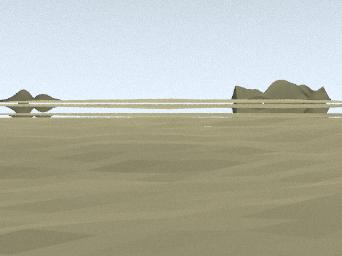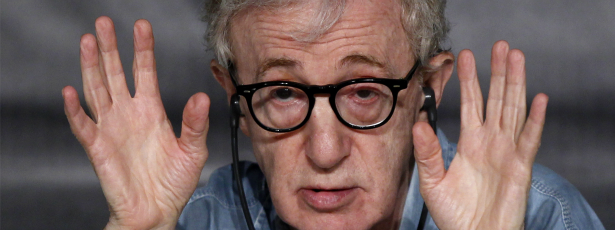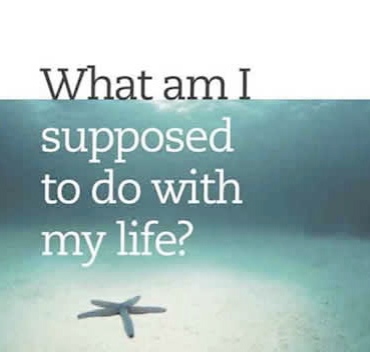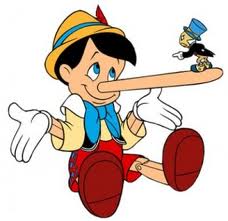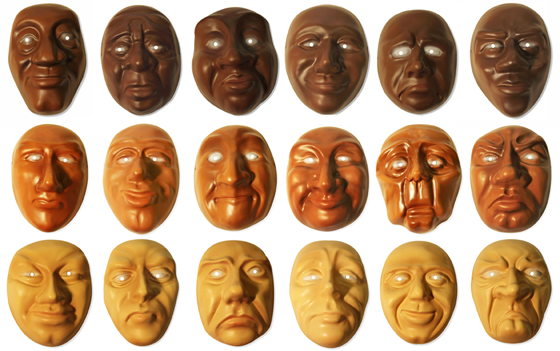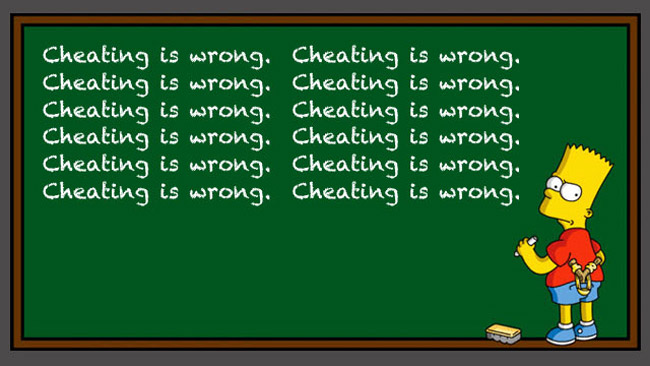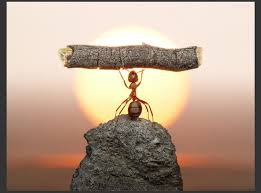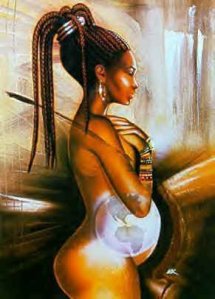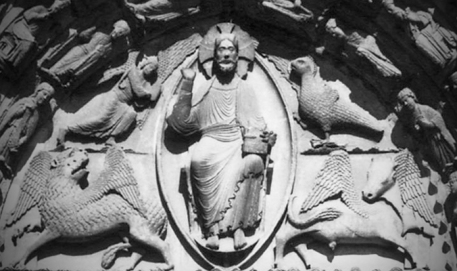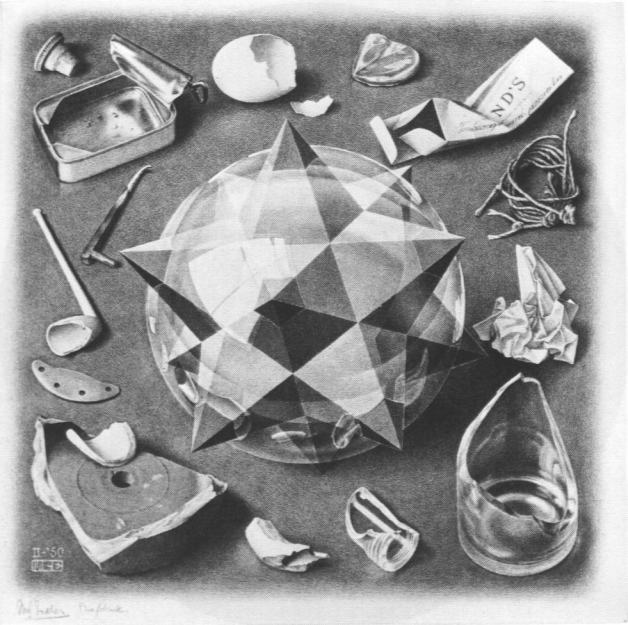Lacan called psychoanalysis a science of mirages[i], but aren’t all truth-seeking disciplines concerned with the mirage? Mustn’t truth always be uncovered from a reality which is a constant process of covering up?
That the truth is ugly and ashamed of itself while at the same time being proud of its power and its ability to seduce via the masks it wears, makes it easy for us to exist with our backs turned. It is more comfortable for us to look away from the real and face a false projection of reality rather than tackling the ugly truth itself. This is the unauthentic nature of the civilised human’s perception of life. It is a virtual but interactive existence that sublimates the real slavery inherent in our sacrifices. By immersing ourselves in the false projection we give ourselves a space to play in with our own meanings, where we are able to create roles with our own reasons for playing the game. The unreality of our fantasies seeps into the real in a liquid way, mixing with it, tainting it and making it even uglier than it already is. There is a psychological distortion affecting both parts of human nature – the animal as well as the Sapien nature – and the socio-cultural life of civilisation must pay a psychological price for that distortion. We lean ever further in the direction of the fantasy, and that act has another price to pay.
But the real cost of the fantasy is our misunderstanding of the world we must live in, and the over-appreciation of the strength of the bubble we have created in order to isolate ourselves from the natural space we will always depend on. We think the bubble protects us, but really it endangers us. The truth is ugly because it lies to us, and it is intangible for that same reason. How can one grasp a truth that is really a lie? What is the truth in the lie of the truth?
Such questions swallow their own tails. The paradox nature of this truth is maddening. Nevertheless once this is accepted we can act with purpose. If the truth is a lie, it needs to be changed. A new reality needs to be made. We need to make truth honest again. But in order to do that we need to burst the bubble of fantasy and lies that we are floating in. We have to walk through the mirage, confront the desert, and cross over it.
[i] Jacques Lacan, Écrits (the first complete edition in English), W. W. Norton and co., New York, 1999, p. 339

